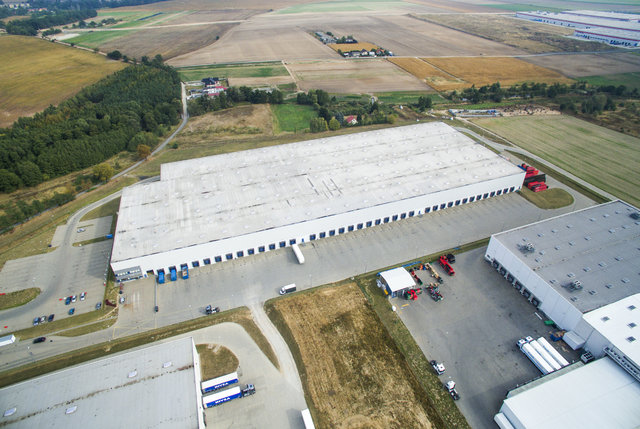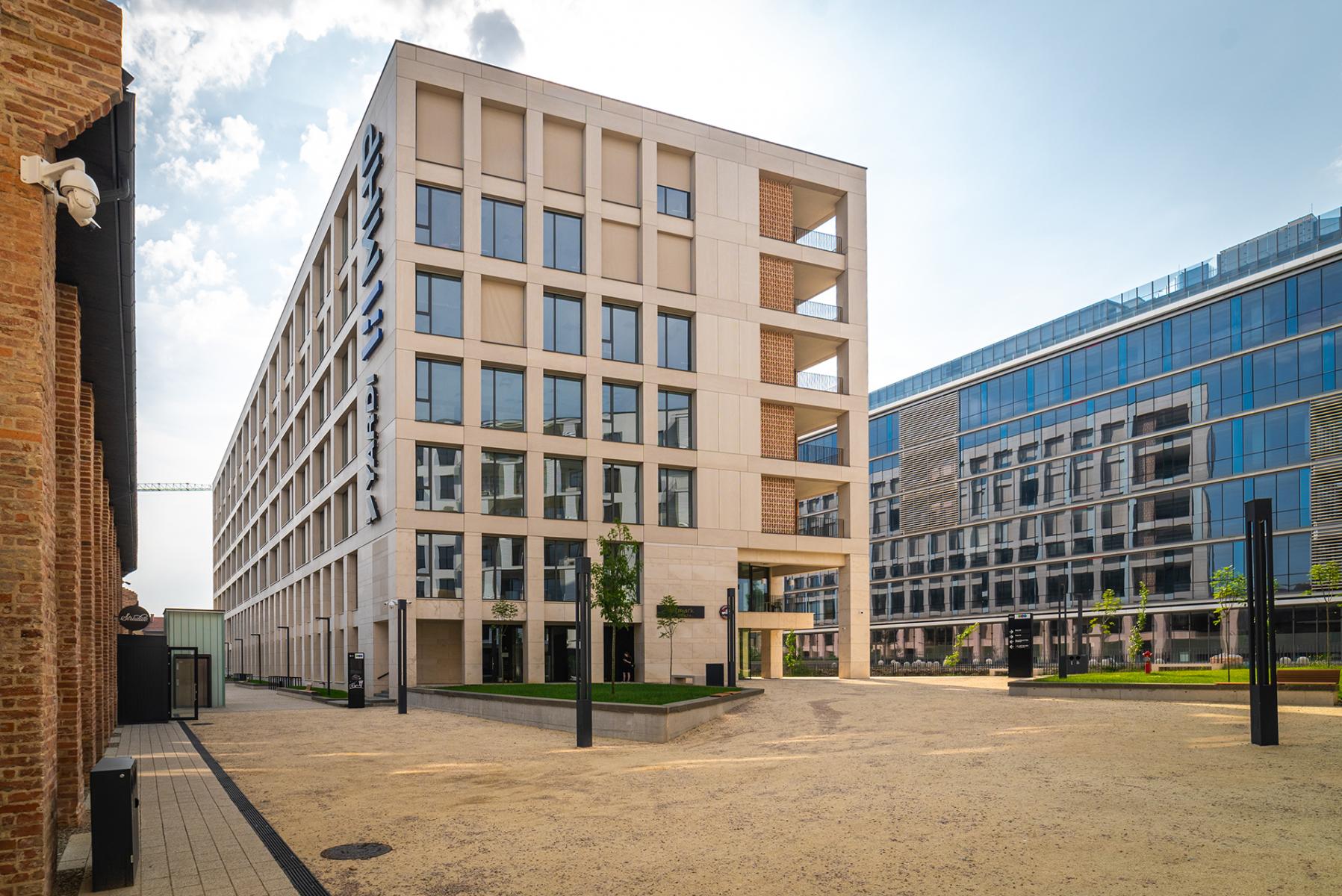Lidl and Kaufland will reduce operating CO2 emissions by 80%
Lidl and Kaufland have set their own ambitious climate protection targets - reducing operating CO2 emissions by 80%
Lidl and Kaufland recognize the importance of sustainability, which is a key element in the future of the world. Thanks to their own climate strategy and the setting of specific climate targets, which are based on the methodology of the Science Based Targets initiative, they are taking further important steps in their efforts to protect the climate. They thus make a significant contribution to achieving the goal of the Paris Climate Agreement, which is to limit global warming to 1.5 degrees Celsius compared to pre-industrial levels.
In August 2020, the Schwarz Group joined the Science Based Targets initiative and committed itself to formulating its own climate goals. In addition to the Schwarz Group's objectives, Lidl and Kaufland have also defined specific objectives and measures based on measuring their current carbon footprint. The actual goals are focused on the continuous reduction of CO2 emissions in their operating activities and supply chain.
"This topic is absolutely crucial for us and we want to lead by example with our activities, because the fight against climate change is a shared responsibility of all of us. We have long taken responsibility for our actions wherever our business has an impact on the environment. For us, responsible business means offering customers the highest quality goods and at the same time treating our surroundings so that our activities are sustainable in the long run,” said Lidl spokesman Tomáš Myler.
"As a large retail chain, we are aware of our responsibility to protect the climate. Reducing greenhouse gas emissions is an important part of caring for the environment and making a meaningful effort to keep our planet in the best possible condition for future generations. Kaufland is intensively involved in this area and is succeeding in achieving tangible results in it. We have transparently published emission savings in our Sustainability Report. Thanks to a set of measures across our company, we managed to reduce CO2 emissions by 8.62% year-on-year between 2018 and 2019,” adds Renata Maierl, Spokeswoman of Kaufland ČR.
By 2030, Lidl and Kaufland's common goal is to reduce their operating emissions in all countries by 80% compared to 2019. To achieve their goals, companies have developed an action plan as part of their climate protection strategies, which focuses on reducing indirect emissions from the supply chain, but also on direct emissions produced in-house. In addition, both companies will encourage their suppliers to reduce their emissions. According to company analyzes, up to 75% of emissions are caused by the production of products.
Lidl and Kaufland have been reducing greenhouse gas emissions in the long run:
- In Lidl and Kaufland stores we use energy-saving LED lighting.
- We are gradually expanding our range with climate-neutral products, enabling customers to actively contribute to climate protection directly at the time of purchase - for these products we compensate emissions arising from cultivation, production, transport and disposal of packaging through certified climate protection projects that have positive environmental , but also the social impact.
- We work with local suppliers to reduce the carbon footprint of product distribution.
- Charging stations for cars and e-bikes are available for customers free of charge in the car parks of selected stores. We save thousands of tons of greenhouse gases together thanks to a sophisticated system of collection and subsequent recycling of packaging waste.
Source: Lidl, Kaufland and CTK







 2021-08-10
2021-08-10
 2021-08-10
2021-08-10